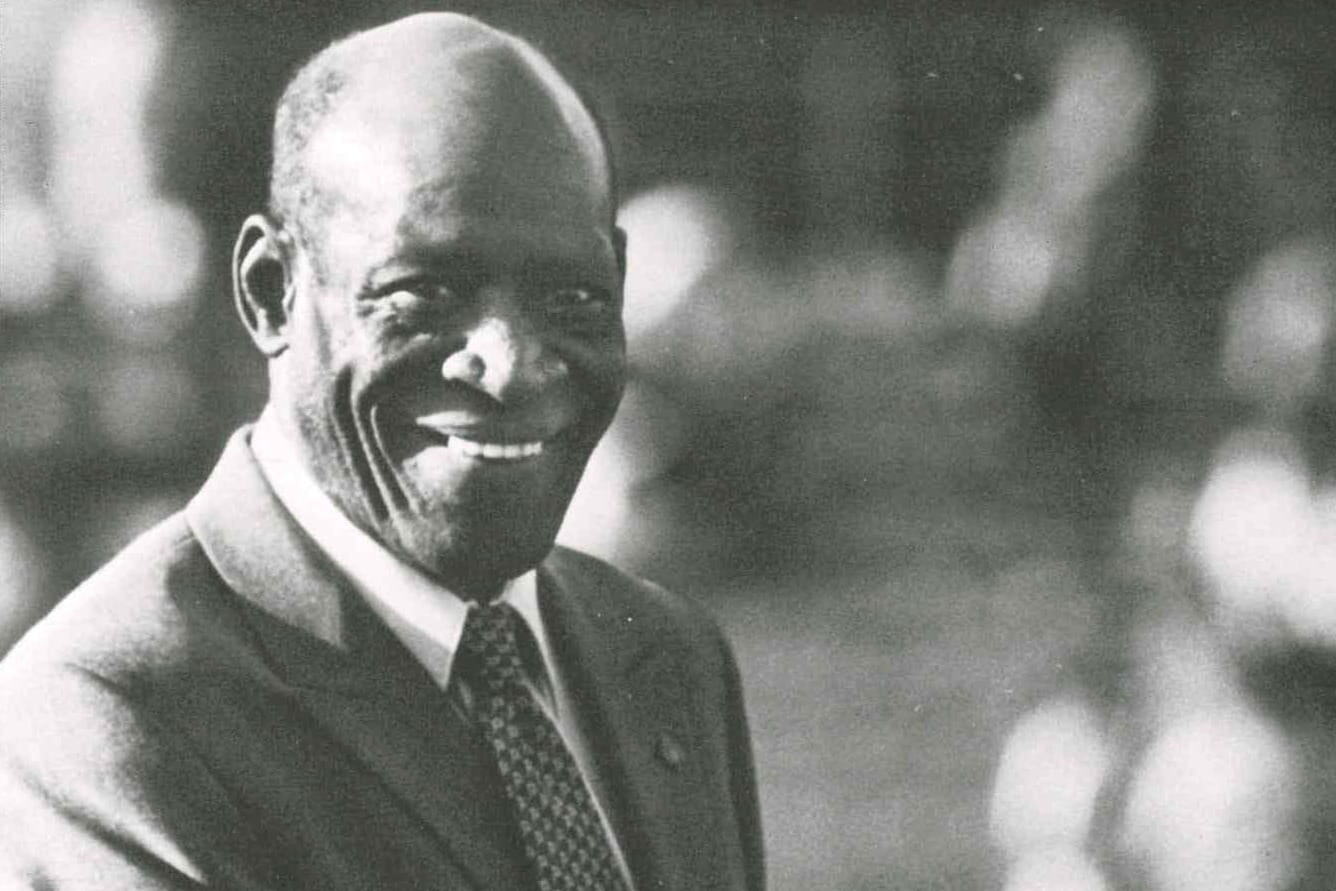16 tips for handling stress, worry, anxiety and fear
 April 03, 2020
- Dan Jarboe
April 03, 2020
- Dan Jarboe- Separate out and identify the toxic and destructive worry from the good worry. “Good worry” amounts to planning. It produces action, action that will help eliminate or diminish most of our worry. Toxic worry is the enemy. It is repetitive, paralyzing, frightening and unproductive.
- Keep yourself in the present (both your body and your mind/thoughts) Anxious thoughts try to pull you into the future toward a terrifying calamity your mind has concocted. (Contact our counseling staff for specific techniques to assist you with calming your body and reducing symptoms of intense anxiety such as rapid heart rate, shortness of breath, sweating, muscle tension/pain, racing thoughts, headaches, etc.) In short, engaging your sensory system can help you “bring your body back into the present” and move to center your thoughts around your real, current situation, present physical environment and immediate safety. At this stage, it can be beneficial to tell yourself (audibly) that “Nothing terrible is actually happening to me right now. I’m safe.”
- Get the facts. What concrete evidence do you have to support your fear? Is there something you can do or someone you can talk with to investigate the situation further? Is your worry or anxiety based on what is actually happening or is clearly probable, or is it based on improbable negative outcomes your imagination has concocted?
- Exercise regularly. It is one of the best treatments for worry and stress we have. A brisk 20-minute walk outside with a friend can do wonders!
- Develop and nurture strong emotional attachments. Strong personal connections with family members, friends, workmates, schoolmates and co-workers are all essential to us as human beings. Don’t let them suffer or be neglected. IF these are healthy and in place, and we’re communicating on a personal level with others we trust on a regular basis, we are much less vulnerable to a wide range of problems, including anxiety. And remember, it’s foolish to simply expect others to come to you and lift you up in your time of need; you have to take the initiative and reach out to others and let them know what you need.
- Identify those from whom you can get reassurance when you need it. “Don’t show your poetry to someone who hates poetry.” Don’t spin your wheels seeking support from those not prone to give it.
- Analyze the problem and take the corrective action needed. This is what non-worriers do all the time. Do what you can, do your best to reject worrisome thoughts over what’s not yours to control, ask for help with what really is your responsibility or delegate it to someone else – if appropriate. IN SHORT: Evaluate your situation, make a plan, then ACT on it. Schedule what you need to do, and when – then stick to it. You’ll feel better simply by devising a plan and implementing it.
- Attack the worry; don’t let it attack you. Consider this explanation by Edward Hollowell:
“There is a maxim from baseball which says, ‘Play the ground ball; don’t let it play you.’ This piece of advice may be lost on people who are not athletically inclined or who have never played baseball or softball, but the proper fielding of a ground ball is a wonderfully instructive skill all people can learn from. A ground ball is a baseball hit by the batter that bounces very fast along the ground. The fielder’s job is to stop the ball so that he can throw it to first base before the batter can reach there. In order to make the throw in time, the fielder needs to field the ball ‘cleanly,’ that is without bobbling it or letting it bounce off his chest. The novice fielder’s first instinct in fielding a ground ball is to back up on the ball and try to predict the bounces as the ball skips toward him. This is called letting the ball play you. You are at the mercy of the unpredictable hops the ball can take. You naturally tense up and worry, Can I field this ball or is it going to get past me? This is a disastrous attitude to have in fielding a ground ball. You will likely kick the ball or miss it altogether. Instead, what you should do is play the ball, rather than letting it play you. You should charge the ball as it speeds towards you. Then you will not over-think the problem of how to field it; you will simply act. You will grab the ball before you give your worry-center a chance to think too much and inhibit you from successfully fielding it. This principle is, in my opinion, a great key to the successful management of worry and of decision-making in general. You do better to attack the problem, rather than letting it attack you.”
- Pray. Take your concern to God directly and ask Him for wisdom or what you need. This instruction from the bible may be helpful: “Do not be anxious about anything, but in everything, by prayer and petition, with thanksgiving [intentionally recounting past needs met or answers/blessings], present your requests to God, and the peace of God, which transcends all human understanding, will guard your hearts and your minds in Christ Jesus.” (Phil. 4:6-7) While He already knows your situation and needs completely, He instructs us to come to Him so that when He responds and meets our need, we will recognize His activity in our lives and grow in our love for and faith in Him.
- Ask for advice when you need it. This is one way to attack the problem responsibly. But, don’t go overboard when getting others’ opinions on what you should do. This can simply increase your paralysis! Seek out just a few trusted sources of sound advice, keep track of what they all may have offered in common, then make your decision.
- Do what is right. Simply put – if you violate your conscience, do wrong or act irresponsibly, you’re going to feel guilt. And, you’ll increase your anxiety over the possible consequences, or the fact that maybe you’re deceiving others and yourself.
- Eat and sleep properly. These are quite important to good mental and emotional health. Don’t make a habit of staying up too late and exhausting yourself, then seek more energy from high caffeine and sugar products. This is a crash just waiting to happen. Go to bed earlier!
- Keep a note pad near the edge of your bed. Write the things down that may come to mind if awakened in the night. This allows you to go back to sleep knowing that you won’t forget the item but can attend to it in the morning. Most worries appear magnified at night.
- Never worry alone. Once you share a problem with someone else, it can almost immediately feel less threatening. You also find more solutions by sharing your challenges with others. Again, avoid going overboard with this and fueling your obsession with a worry by continually finding new people with whom you can vent.
- Use humor. Make friends with amusing people. Spend time with friends who help you to laugh. It’s OK to laugh when you can during rough times! It’s not only OK, it’s helpful mental health medicine.
- Be sure to remind yourself of the possible positive outcomes in a given situation. Worriers can generate all kinds of negative possibilities that might come about, but don’t give much thought to the often equally possible – or even more probable – positive things others might be thinking or feeling about them, the possible positive results of their efforts or other positive outcomes that might be on the horizon.
By Dan Jarboe, university counselor and ADA/504 coordinator
*Selected ideas adapted from the book, Worry, by Edward Hallowell, M.D., Balantine Books, New York, 1997.
You Also Might Like
Recent
Ouachita reports Spring '26 enrollment, led by 50% increase in graduate students
February 11, 2026






